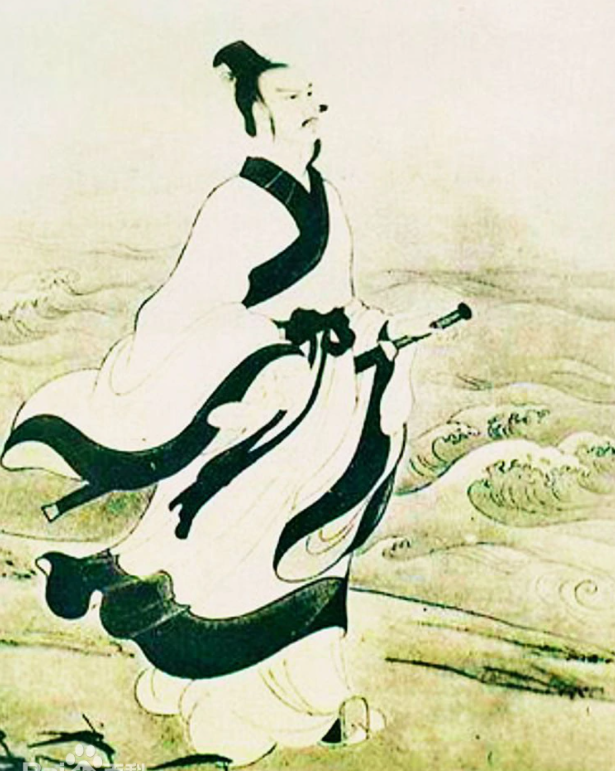Qu Yuan - the Founder of Chinese Romantic Literature
Qu Yuan (about 340-278 B.C.), surnamed MI, surnamed Qu, with the name Ping and the word yuan, was born in Zigui (now Yichang, Hubei Province), Danyang, the state of Chu. He was a poet and politician of the state of Chu during the Warring States period. The descendants of Qu Xu, the son of Xiong Tong, King Wu of Chu. As a teenager, he was well-educated, knowledgeable and ambitious. In his early years, he was trusted by King Huai of Chu and served as Zuo Tui and Sanlu doctor. He also took charge of domestic and foreign affairs. Advocating "beautiful politics", advocating the promotion of talents and talents at home, the cultivation of Dharma, and the unity of external forces against the Qin Dynasty. Because of being excluded and slandered by the aristocracy, he was exiled to the north of Han Dynasty and the Yuanxiang River Basin. After the Yingdu of the state of Chu was conquered by the Qin army, he sank in the Miluo River and died in the state of Chu.

Qu Yuan is a great patriotic poet in Chinese history, the founder of Chinese Romantic literature, the founder and representative writer of "Chu Ci", which opened up the tradition of "fragrant grass beauty" and is known as the "ancestor of Chu Ci". Song Yu, Tang le and Jing Chai, the famous poets of Chu, were all influenced by Qu Yuan. The emergence of Qu Yuan's works marks that Chinese poetry has entered a new era from elegant singing to romantic originality. His main works include Li Sao, nine songs, nine chapters, heaven asked and so on. As one of the main works of Chinese literature, Qu CI has a far-reaching impact on later generations. It has become a bright pearl in the history of Chinese literature, "Yixiang Weici, outstanding for a lifetime". "It's a long way to go. I'll seek from top to bottom". Qu Yuan's "seeking" spirit has become a noble spirit believed and pursued by people with lofty ideals in later generations.
In 1953, on the 2230th anniversary of Qu Yuan's death, the world peace council adopted a resolution to determine Qu Yuan as one of the world's four cultural celebrities commemorated that year.